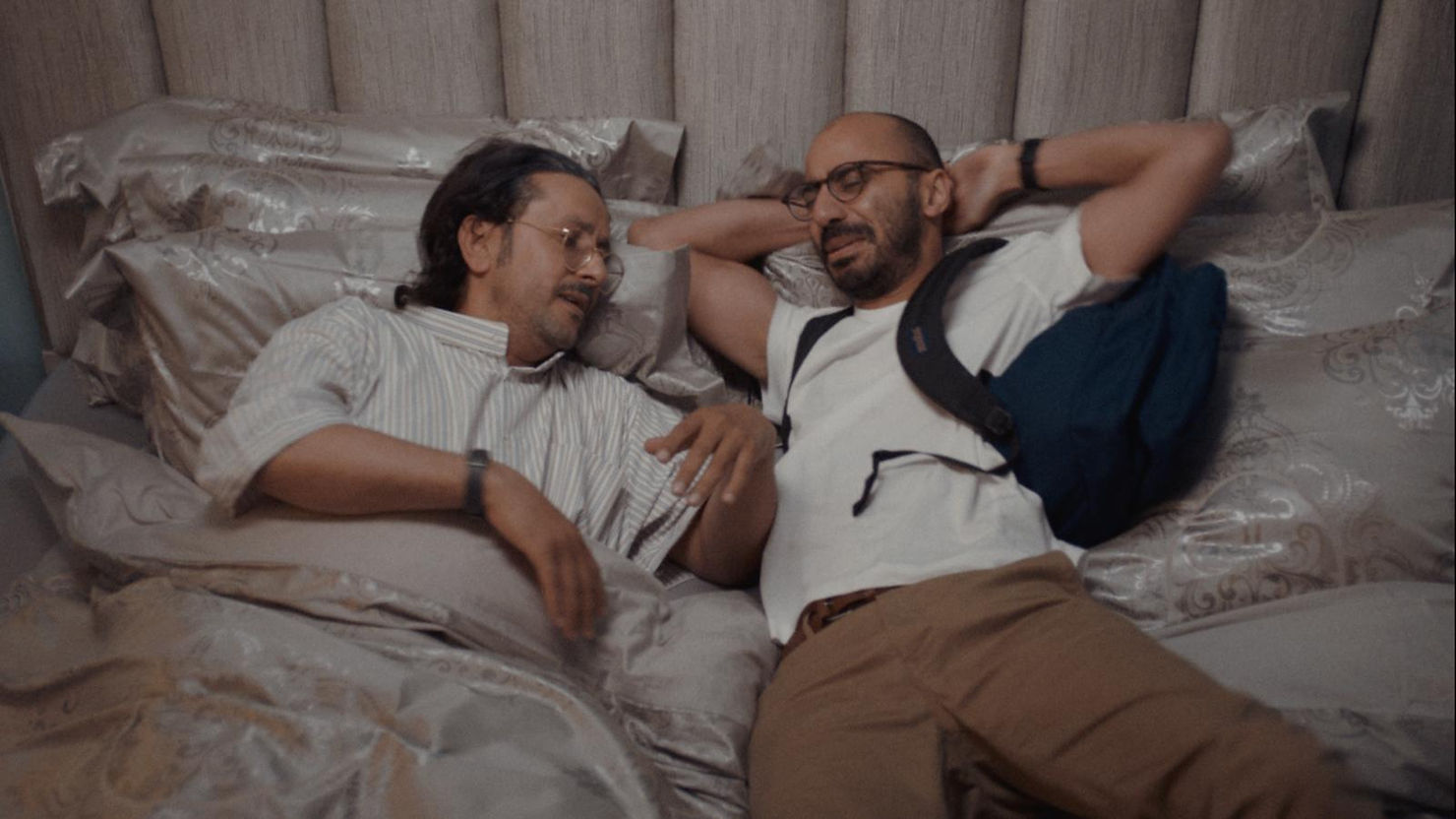The way you frame your actors or subjects in the film will convey your message to the viewer. Deliver the wrong message, and you’ve lost the crowd. In this blog, we’re going to run over high-angle shots and how they’re going to help you bring subtext to your shot range and variety to your shot list.
A high-angle shot is a dramatic technique where the camera points at the subject from a high angle, and the focus is always “swallowed up”.
A high angle shot is obviously the opposite of a low angle shot, and its effects are the opposite as well. The camera is placed above the subject, pointing down. This type of shot tends to diminish a subject, making it look intimidated or threatened. This is the conventional way of making characters look insignificant. – Bruce Marner.

Early examples of high-angle shots embody the point of view of a distant spectator, as in James Williamson’s Attack on a Chinese Mission Station (1901) and Frank Mottershaw’s influential early crime film, Daring Daylight Burglary (1903). High-angle shots can make the subject seem vulnerable or helpless when applied in the right mood, environment, and effect. These shots will make the scene more interesting in the film. If a person is at a high altitude talking to someone below them, this shot is a good option to try out.
Narrative High Angle for Addressing Narrative Information
This is when a director uses a high-angle image to unveil details that would be impossible to see from any other angle. It is also used in fighting scenes or where it displays a wide room with a lot of visual detail. It helps to add meaning to a scene because it is typically taken at a shallow angle.
Visceral High Angle for Emotional Response
This is where a director uses a high angle shot to produce a feeling or an emotion inside the perception of the viewer. That feeling is most often linked to a person’s natural fear of dropping from heights – and thus a high angle shot can simulate that horror. Usually shot at extreme angles, this type of high angle shot establishes tension.
Character-Driven High Angle
High angle shots can indicate a character’s vulnerability. It is like a psychological or subconscious vantage point for anyone other than the character in the frame. Most examples of this do not possess a rational reason for using a high angle, but very commonly a psychological and film grammar rationale.
STANDARD HIGH ANGLE SHOT
High angle shots can differ dramatically in their positioning and practice. A standard high angle shot frames the subject from the waist up.
High angle shots can differ dramatically in their positioning and practice. A standard high angle shot frames the subject from the waist up.

WIDE HIGH ANGLE SHOT
Merging the high angle shot with a wider frame is a common practice among directors and filmmakers, as widening the shot helps to reveal more of the environment or even feelings or emotions of other characters present in the scene.
HIGH ANGLE STACK AND POV
Another common use of the high angle shot is to combine it with the first-person point of view. By shooting from the distance of the character in the scene, generates an emotional connection for the spectator by making them feel like they are a part of the scene.
How do high angle shots convey story? The high angle can convey several diverse kinds of feelings and tensions. It all depends on how you operate them in tandem with brightness and camera movement. High angle shots do not require to always be tense. Directors or DoPs often bend the camera to display more nuanced sentiments.
HIGH ANGLE SHOTS AND SHOT LISTING
While creating a film, the shot list creation is a vital part of the pre-production process. The shot list consists of breakdowns of how a director wants to approach and shoot every different scene. For high angle shots, the production team has to ensure what kind of equipment can be necessary. Often, cranes, camera sticks, or even drones come in handy to film these. Besides, it is also quite necessary to determine the details of each shot that will be filmed – details like the depth of field, any planned movements, levels, or changes in the focus points throughout the shot.
HOW HIGH ANGLE SHOTS CONVEY THE STORY
A high angle shot is a versatile option for filmmakers, as it can convey different tensions and emotions. The selections you make alongside the angle of the shot, including camera movement and lighting, will impact the outcome. – StudioBinder
While understanding the high angle shot, as a budding film-maker, it is also important to understand the other different kinds of shot choices that film-makers tend to use to convey different types of emotions and situations. With plenty of shot types available, and all their variations, such as the full shot, the close-up shot, the over-the-shoulder shot, etc. budding filmmakers should keep practicing. Becoming a well-rounded filmmaker starts with knowing the best techniques used in the industry today. At Cinemagic, we make sure that our production team ensures international standards in each of our productions. To find out more about our production subscription packages, click here.

